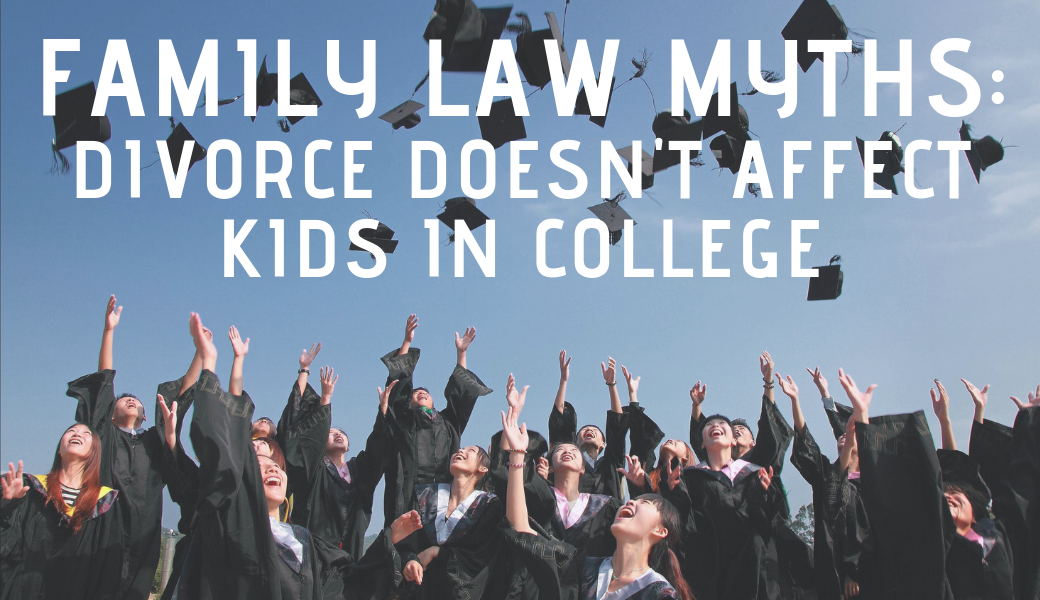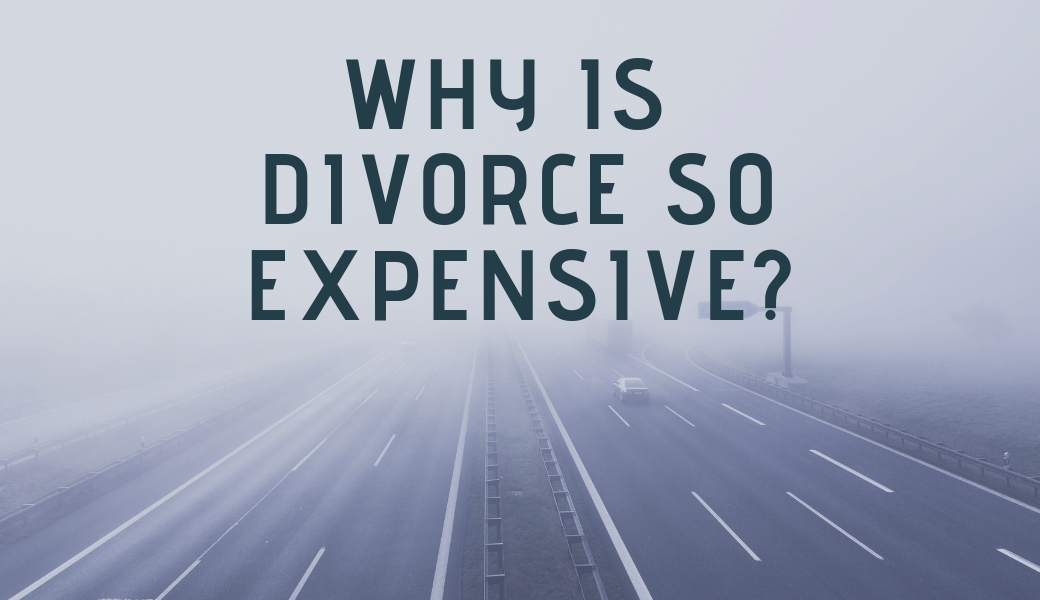Five Things to Avoid with Children in Divorce

When getting divorced as a parent, our children take an outsized role in the process. We want to make decisions that are the best for them – the school they’ll attend, where they’ll live and who with. However, what you do during the divorce can have an even bigger impact on your kids than the final divorce judgement. In fact more trauma results fr0m the high-conflict divorce process than the eventual separation itself. With that in mind, here are five things to avoid with your children to help them get through the process!
Avoid Uprooting the Children
When you begin a divorce, your children are experiencing a loss of the family unit they’ve come to know. While they aren’t losing you or their other parent, they are losing the future they had in mind. Compounding that loss by moving the child a significant difference, changing schools or otherwise uprooting them from places and people familiar to them can exacerbate the issue. If you must move, try to space out the changes so they have more time to absorb them and adapt.
Don’t Attack or Insult your Spouse in Front of Them
You might not feel like you love your spouse anymore, but your children probably still do. Attacking or otherwise denigrating your ex-wife or husband when your children are around can damage their relationship with that spouse, but also can hurt their relationship with you. No one likes to see their parent attacked, and while it is easy to speak in the moment without thinking, those words can have a very long-term impact.
Try not to Use your Kids to Communicate with your Spouse
Sometimes it makes sense to limit your communication with your spouse to avoid conflict. However a common result is an attempt to communicate through your children – passing along messages or notes when changing which house they are staying at, for example. This places your children at the heart of your conflict with your spouse and should always be avoided. Find a trusted friend or adult family member to help you communicate if conflict is that bad, but never your kids.
Do not Withhold Placement to a Non-Custodial Parent
Things sometimes go wrong during a divorce, and it’s easy and understandable to get angry. Never let that anger boil over to the point that you refuse visitation or placement for your spouse. Short of immediate risks to your children, your kids do best with a relationship with both parents. Visitation time when custody isn’t shared is especially important. Withholding placement can land you with a fine, but even worse, it hurts your children by depriving them of time with a parent.
Never Let your Children Act as your Caretaker
We have spoken before about the importance of self-care during the divorce process. You have to take care of yourself, because if not it may fall to your children to do so. Even using your children to vent to and complain about the divorce process can cause them unnecessary stress, anxiety and pain. Take care of yourself so that you can continue to be a caretaker to your children and non the other way around.





 Divorce isn’t easy, but many people are surprised to find it isn’t cheap either. In Wisconsin, the average litigated divorce costs
Divorce isn’t easy, but many people are surprised to find it isn’t cheap either. In Wisconsin, the average litigated divorce costs 
 One of the very first steps in the divorce process involves financial information-gathering. This involves putting together a complete picture of you and your spouse’s financial situation and history throughout your marriage. Without this initial info, it is difficult or even impossible to reach an equitable agreement for both parties. However finding your financial info isn’t always easy… We don’t always keep records like we should (we’re all guilty of this sometimes). Here are a few places to look to start finding your financial info for divorce.
One of the very first steps in the divorce process involves financial information-gathering. This involves putting together a complete picture of you and your spouse’s financial situation and history throughout your marriage. Without this initial info, it is difficult or even impossible to reach an equitable agreement for both parties. However finding your financial info isn’t always easy… We don’t always keep records like we should (we’re all guilty of this sometimes). Here are a few places to look to start finding your financial info for divorce.

 Do Not Change Funds from your Accounts To Keep Them From your Spouse
Do Not Change Funds from your Accounts To Keep Them From your Spouse




 The focus in mediation should be coming to an agreement both sides can live with, not on who is right and who is wrong. While you probably do have reasons to feel wronged by the other party, determining or accounting for that isn’t the purpose of mediation. In fact, that’s what makes the litigation process so high-conflict, costly, and time-consuming. Focusing on the future, and on solutions will help you move forward more quickly, and in a healthy manner.
The focus in mediation should be coming to an agreement both sides can live with, not on who is right and who is wrong. While you probably do have reasons to feel wronged by the other party, determining or accounting for that isn’t the purpose of mediation. In fact, that’s what makes the litigation process so high-conflict, costly, and time-consuming. Focusing on the future, and on solutions will help you move forward more quickly, and in a healthy manner.


